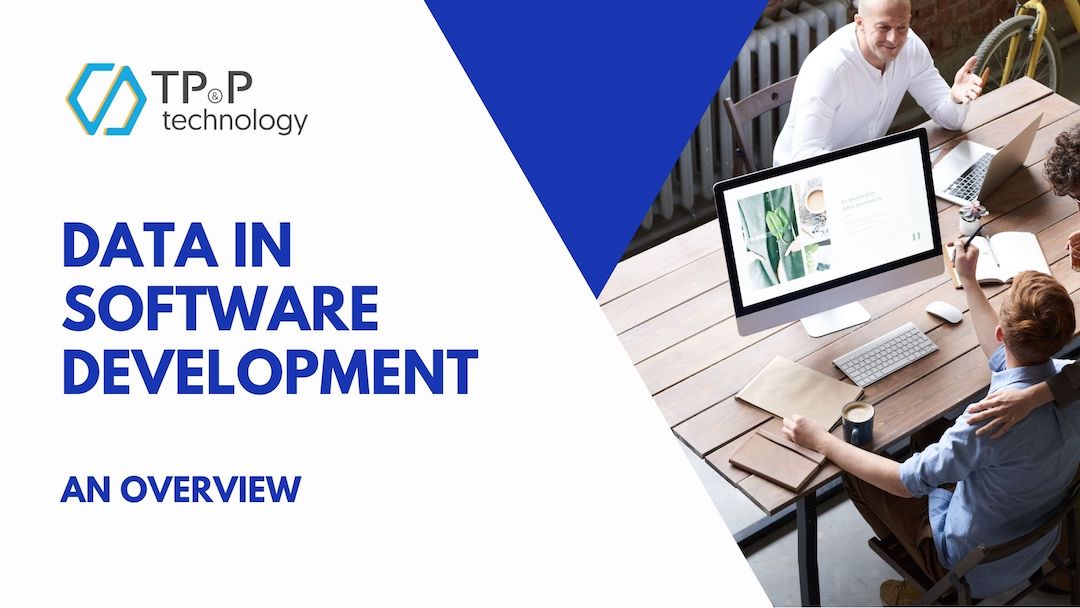 Data is the new business asset and can bring tremendous value for businesses across industries. We are generating and collecting business data more than ever before,
Data is the new business asset and can bring tremendous value for businesses across industries. We are generating and collecting business data more than ever before,
According to World Economic Forum, by 2025, the estimated amount of data generated every day could reach 463 exabytes around the globe.
However, many companies are still struggling to make use of the huge volume of data captured, including data related to customers’ behavior and transactional data, as well as operational data – in order to turn it into actionable insights to drive additional business value.
Data-driven organizations are more likely to succeed in acquiring and keeping customers loyal. Being able to analyze data to identify hidden information and derive insights is essential for success and can help organizations to innovate and create new digital initiatives, providing best-case experiences to their customers, identify new revenues channels, making informed business decisions, and so on.
In this article, let’s explore the importance of data in software solutions development for businesses and what businesses could do to successfully drive their software development initiatives with data and advanced analytics.
Thorough Data Requirements Assessment
Having a comprehensive, simple and straightforward process for collecting data from various databases sources and systems and integrating it into a single source is essential for any software development project including building analytics capacities for any business.
Without a proper discovery process, it is virtually impossible to derive value, information, and knowledge from the vast amount of data that companies collect. During the discovery phase, a team of data experts usually conducts deep-dive research into clients’ data infrastructure and workflow to define the suitable roadmaps to support the software development matter at hand.
The discovery stage enables the development team to validate project feasibility, via the use of the existing data pool available and subsequently, make the decision of whether the project can be green-lit or not.
If the existing data sources are not sufficient, or suitable for the development of the solution, businesses can consider other options such as purchase new data sources or collect data from other publicly available sources.

Otherwise, the project could be delayed due to a lack of data and/or robust data strategy in place.
Using Agile
By using agile methodologies at all stages of development, developers are able to focus on business results, not just architecture and new technologies. A similar agile approach can also be applied to data management.
The goal of any data and analytics project is to extract valuable information from large amounts of raw, structured, and unstructured data, and cleanly format them to analyze them for actionable insights, using modern machine learning techniques.
Yet, the above mentioned steps are actually complex and require skill and proper management methodologies to understand the possibility of challenges, obstacles that arise, and clearing such obstacles accordingly.
By adopting agile methodologies throughout the development projects, the development team can work on incremental sprints instead of having to complete one big specification at once. Furthermore, changes are welcome and expected and can be incorporated into the process.
With Agile, the development of machine learning models and analytics capabilities can be broken into manageable sprints – that can be built and tested quickly. This also offers the team greater flexibility in fixing bugs and continuous improvement, by integrating different data sets, fine-tune the machine learning models, to correct course accordingly.
Consider Software Development Metrics
Each software development project is different in terms of requirements, scope, size, and other factors including KPIs and other success metrics.
A quantifiable set of metrics can help both clients and their technical partners track and measure the effectiveness of the projects. Software development providers usually adopt a number of metrics such as productivity, test/QA, Agile development metrics, as well as satisfaction metrics such as NPS (net promoter score), and CSAT among others.
Similar to data, metrics are just meaningless numbers if we do not have a plan of what to do with them. Incorporating metrics into the conversation enable both the client and development teams to stay on the same page. It also helps to tackle growth and ensure efficiency.

Conclusion:
Data is no longer optional but has become a necessity for business, with the value of data is expected to rise with time. Through software solutions development, business organizations can adopt data and analytics capabilities in order to gain a better understanding of the internal operations as well as the market as a whole, to support and enhance their decision-making.
By looking at data from different perspectives and incorporate data into their development efforts, companies have a greater chance of gaining a competitive advantage and growing their business.
Source: InApps.net
List of Keywords users find our article on Google:
| success metrics template |
| kpi metrics template |
| wawa order online |
| linkedin agile methodologies assessment |
| software development services |
| wawa food menu |
| upload raw dna data |
| nps software |
| agile methodologies linkedin assessment |
| clearing hotline computer gaming |
| machine learning job vietnam |
| netdata vs |
| project discovery eve |
| market driven software development |
| software development companies in usa |
| software development company near me |
| hire delayedjob developer |
| software development companies near me |
| best nps software |
| top software developer companies |
| net promoter score software |
| software development companies |
| software development project |
| software development in business |
| software development for |
| it software project |
| about software development |
| ecommerce development company usa |
| software development development |
| in software development |
| it and software development |
| mvp software |
Let’s create the next big thing together!
Coming together is a beginning. Keeping together is progress. Working together is success.



















